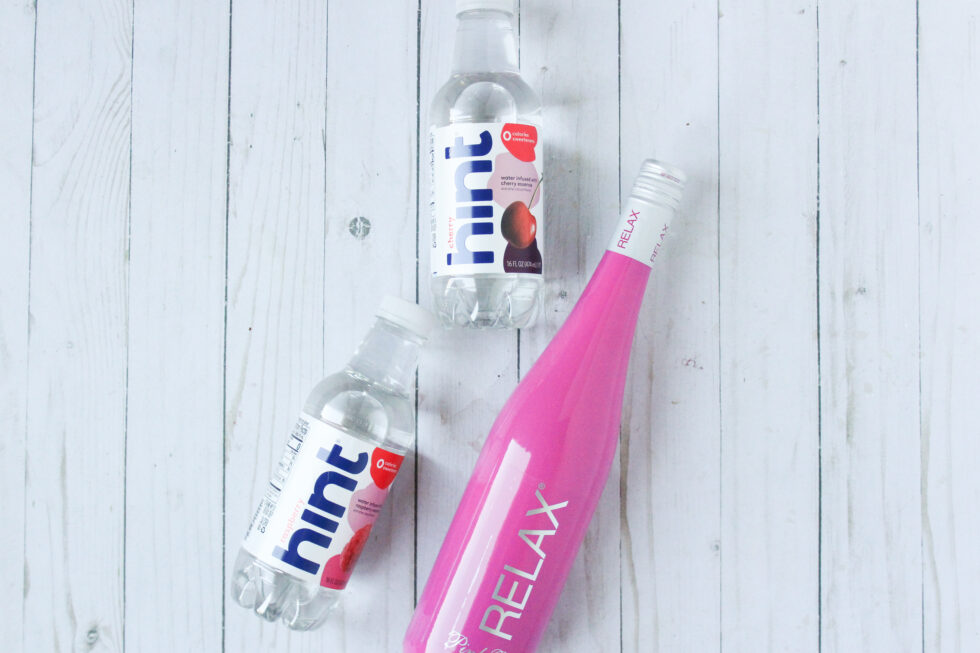
Breast Cancer Awareness Month
BREAST CANCER AWARENESS MONTH
Breast cancer is a complex disease that is characterized by abnormal cells in the breast that invade healthy cells of the body. It is the most common cancer among women worldwide, but there are rare cases of men developing the disease. Although there is no known food or diet that can specifically prevent, cause or treat cancer, general nutrition still plays an important role in the prevention and treatment of the disease. At United Supermarkets, we want to provide you with the current research surrounding breast cancer in relation to food, nutrition and health.
FOODS TO INCLUDE
Following a general healthful diet is imperative for those with cancer since cancer treatments can cause nutritional deficiencies and increase certain nutritional needs.
- Include a variety of fruits and vegetables with every meal and snack (about 5-9 servings daily)
- Incorporate more whole grains and fiber rich foods
- Individuals with cancer have higher protein needs, talk with your doctor and Registered Dietitian care team who can help create a plan for you. High protein foods include meat, poultry, fish, beans, nuts, seeds, and soy products
- Dairy products like milk, yogurt, cheese are great sources of calcium, an important nutrient to consume since cancer treatments can weaken bones
Individuals with cancer, especially those undergoing treatment, tend to have a hard time eating due to a lack of appetite and nausea. As long as you are feeding your body with food, you are practicing good health.
CONTROVERSIAL FOODS
There is a lot of buzz around certain foods that are said to either increase or decrease an individual’s risk for cancer. Here is some of the current research and recommendations behind these controversial foods.
Soy
Soy contains isoflavones which have a similar chemical structure to estrogen, a hormone closely linked with breast cancer. Due to their resemblance, it was believed that consuming soy could increase breast cancer risk. However, research has shown that isoflavones and estrogen function differently in the body. Soy and soy products like soy milk, tofu, tempeh, edamame/soybeans are great sources of protein, fiber, and antioxidants. Research has shown that its consumption may help to reduce the risk of breast cancer development and recurrence.
Alcohol
Research is not clear behind whether alcohol intake increases the risk of recurrence after undergoing treatment. Some theorize that since alcohol increases the level of estrogen in the body, alcohol use after treatment could increase an individual’s risk of breast cancer recurrence. The evidence is not strong enough to support or refute this argument.
During treatment, alcohol intake should be completely avoided. Alcohol could increase inflammation, irritate sores caused by treatment, and interact with certain drug treatments. Consult with your doctor about alcohol use during and after treatment.
Processed Meats
The International Agency for Research on Cancer classifies processed meat as a carcinogen. Processed meats refers to meat that has been cured, smoked, salted and/or fermented to preserve or flavor it, including deli meats, sausage, bacon, and hot dogs. Research shows a link between processed meat and colorectal cancer risk, but the possible link to other cancers is still unknown. The American Cancer Society recommends limiting processed meats, meaning that eating a hot dog or hamburger every now and then is okay.
Artificial Sweeteners
There is currently no clear and consistent evidence of a link between artificial sweeteners, also known as sugar substitutes, and cancer in humans. Studies have shown an increased risk for cancer in rats fed with high doses of FDA-approved artificial sweeteners like saccharin, aspartame, and sucralose, but the FDA has not identified these results as significant.
Organic Foods
For food to be classified as organic, the food must be void of synthetic fertilizers, genetically modified organisms, or chemical pesticides. There is growing concern that pesticides used on conventionally-grown foods could cause cancer. A JAMA Internal Medicine study concluded that those that ate more organic produce had a lower risk of cancer. However, the subjects consuming higher amounts of organic food also consumed more fruits and vegetables and engaged in health-promoting activities. It is also known that the nutritional value of organic and non-organic produce does not differ significantly. The research behind the link between organic foods and cancer risk is still lacking. Our recommendation, start by eating 5-9 serings of fruits and vegetables of the conventionally grown if you aren’t meeting that goal.
PRODUCTS THAT GIVE BACK
Want to support businesses and brands that support breast cancer awareness and research? Look for these products and others with the pink breast cancer awareness ribbon during your next trip to the grocery store:
- Cape Cod – Cape Cod donates 5% of Pink Himalayan Salt and Red Wine Vinegar Chips proceeds to support research at the Dana-Farber Cancer Institute
- Yoplait – For every pink Yoplait lid redeemed, the company will donate ten cents to Susan G. Komen up to $2 million
- Hint – Buy a pink variety pack of Hint Water. The brand donates $1 to Susan G. Komen with guaranteed minimum donation of $50,000
- Ocean Spray – 5% of Pink Cranberry Juice Cocktail sales will be donated to National Breast Cancer Foundation
- AQUAHydrate – The brand donated $10,000 to the Breast Cancer Research Foundation regardless of sales.
- Bubly – donated $100,000 to Susan G. Komen
- Sparkling Ice – Zero-calorie Kiwi Strawberry Flavor displays a pink ribbon all year long. This brand donates a minimum of $25,000 annually to research facilities.
- Sutter Home – For every pink cork,screw cap, and capsule received in the mail, Sutter Home donated $1 to National Breast Cancer Foundation, up to $60,000
- Relax Wine – give $1 to Save the Ta-Tas Foundation during Breast Cancer Awareness Month
- Brillo – Donates $0.05 per sale of marked products up to $50,000
